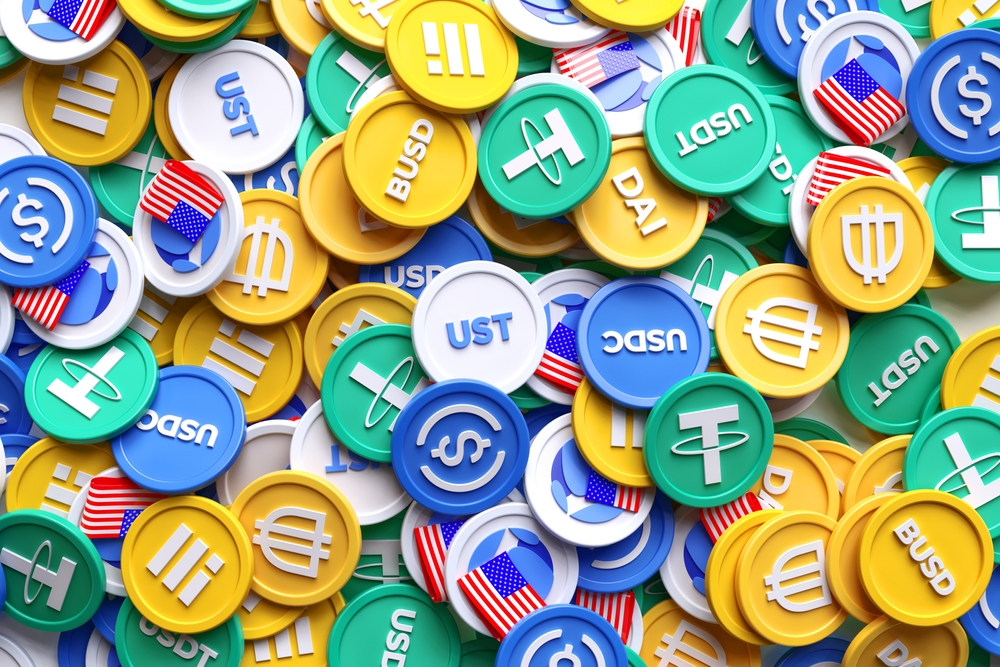The CTO of Tether, Paolo Ardoino, was recently quoted as saying, “The restrictions caused by rising inflation and an incomprehensive financial framework has prevented many Brazilian residents from contributing to the growth of the nation’s economy.”
The Tether executive added that the stablecoin issuer’s addition of Tether tokens to ATMs throughout Brazil would allow more unbanked people to become banked. Ardoino added that these changes would affect the nation’s payment industry and broader financial system.
Based on the schedule, this service will become available on SmartPay’s ATMs by the first week of next month. In an official statement, SmartPay said, “The SmartPay option allows users to choose any digital asset of their choice, such as USDT, to make a payment or settle financial transactions.”
The statement added that they could sell, send or receive USDT tokens from any part of the globe regardless of the time. Also, they can choose to convert their cryptos to Brazil’s fiat national cryptocurrency, Reais.
A 2021 study by Brazil’s research institute, Instituto Locomotiva, revealed that as many as 34 million bankless Brazilians are adults. In addition, SmartPay CEO, Rocelo Lopes, highlighted SmartPay’s achievements in payment integration across the South American region.
He said SmartPay has integrated Tether tokens into PiX (one of Brazil’s payment systems) and Brazil’s TecBan (the country’s most prominent ATM-providing firm). “Now, where you can pay with Banco24Horas or pix, you can pay with tokens or convert your Tether tokens to Reais.”
The Rising Volume Of USDT Transactions
The USDT issuer also claimed that its stablecoin (USDT) is South America’s most used digital currency. However, multiple data indicate that USDT also ranks highest in Brazil in terms of value moved.
In August alone, there were nearly 80,000 transactions that involved the moving of over $1.4 billion worth of USDT. The average amount moved per transaction was almost $18,000.
The latest development is the first news after Tether announced that it would no longer replace its USDT’s reserve in commercial papers with the more liquid US Treasury bills. The USDT issuer’s earlier reason for making that move was to promote transparency and confidence among USDT users.
However, Tether is yet to release an official statement explaining its reasons for reversing its decision to slash commercial paper reserves to zero.


